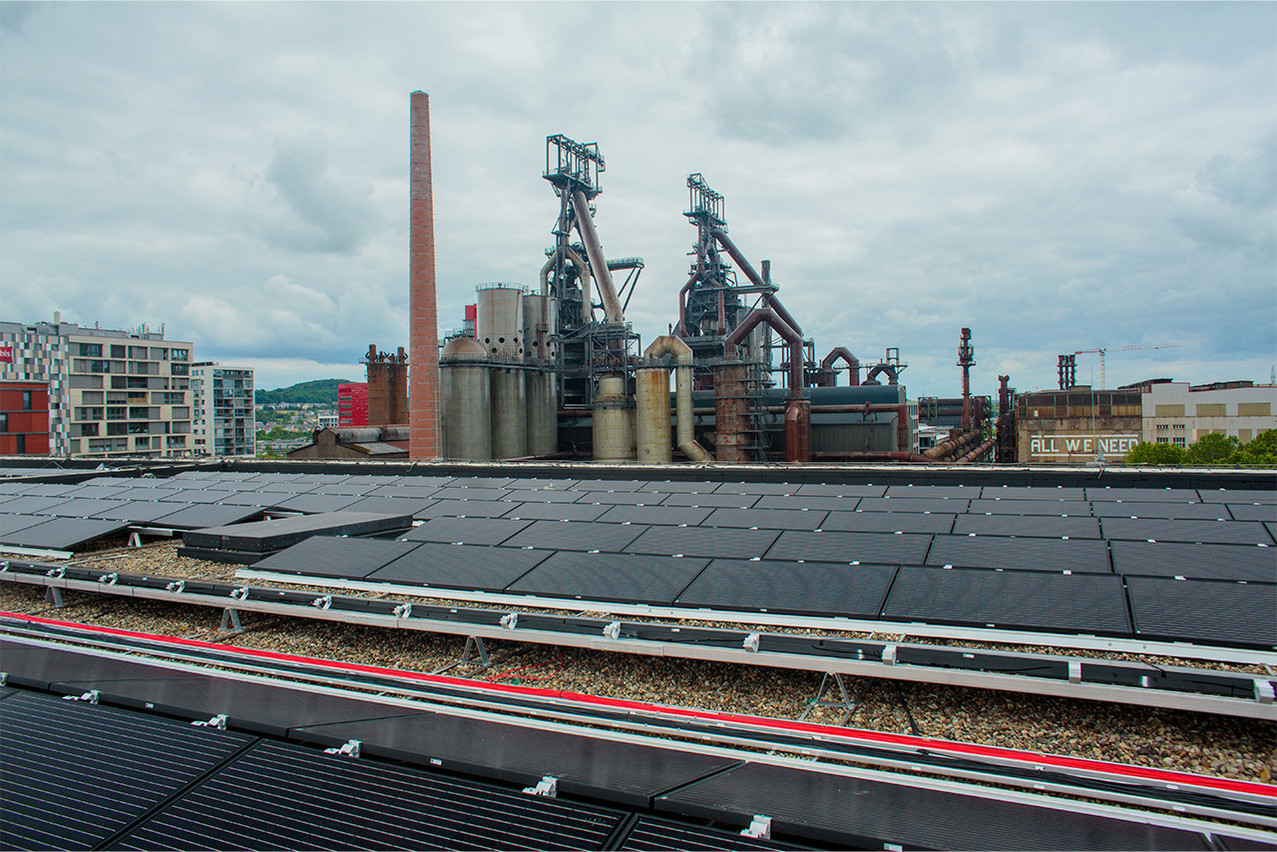With Russia turning off the gas taps and continuously rising inflation, the cost of energy in Luxembourg are getting more and more expensive. Almost a third of businesses surveyed by the Luxembourg chamber of commerce in May have experienced a gas price increase of up to 50% since 2021, with two-thirds seeing electricity prices rise by up to 80%.
The discussion about reducing or avoiding energy consumption, so-called ‘energy sobriety’, is starting to take on a new dimension in this context. Gaston Trauffler, head of industrial policy at the Luxembourg federation of industry, FEDIL, sees three options for companies to ensure they are prepared: "First, companies can reduce their gas consumption, but this can affect, for example, the quality of the products or productivity itself, and companies then always have to try to find a good balance between gas savings and productivity or quality issues. Secondly, as a temporary solution, they can replace some gas with other fuels, such as gas oil or diesel. The third option is to invest in generating electricity from photovoltaic systems. Now is the right time to start, to be prepared from September, October.”
Energy sobriety in industry
was delivered to industry and professionals – with a total of 5,406 GWh/year. Christel Chatelain, head of economic affairs at the chamber of commerce, explains that after the covid-crisis companies weren’t prepared for fast-rising energy prices. She states: “Some companies increased their product prices to balance the rise in energy prices. The risk: they lose competitiveness."
One company that is not worried is the new The campus uses 100% green electricity for heating, cooling and lighting. Being fully carbon-neutral, it is already living energy sobriety. "I had the idea long before the current crisis. We don’t rely on gas, our goal is to reduce our carbon footprint as much as possible", explains Marc Diver, Group CEO of Campus Contern.
Some companies increased their product prices to balance the rise in energy prices. The risk: they lose competitiveness.
Luxair in May announced its plans to become carbon-neutral by 2050. Asked how the company was responding to rising energy prices, Luxair said it was "striving to keep prices constant throughout the year" and was "hoping for a promising winter season". Goodyear responded more precisely, saying: "In terms of short-term disruptions in natural gas supply in Europe, one of our plans is to convert our production facilities from natural gas to alternative energy sources."
Severely affected by a gas shortage would be companies that consume gas intensively. "Heavy industry and transport would be particularly affected", says Chatelain. ArcelorMittal could not respond to Delano's inquiry before announcing its half-year results next Thursday. But the steel giant did say that "the issue will certainly be addressed by the group at the time of the announcement."
Post’s production process does not depend directly on gas, except at its sorting centre, where a minimum temperature is required to ensure acceptable working conditions and to keep the machines running smoothly. The company has already taken several measures to adapt in the long term.
State support for companies
The European Commission on 20 July proposed , asking all member states to reduce their gas consumption by 15% between 1 August 2022 and 31 March 2023. The Luxembourg government has taken initial measures to compensate the increase in energy prices. The fixed budget for companies across sectors is estimated at €500m. "The ideal situation would be that companies would not need those aids", says Trauffler.
The minister of energy, (déi Greng) announced this week, that the ministry will launch an energy awareness campaign to encourage companies, households, and administration to become energy sober.

